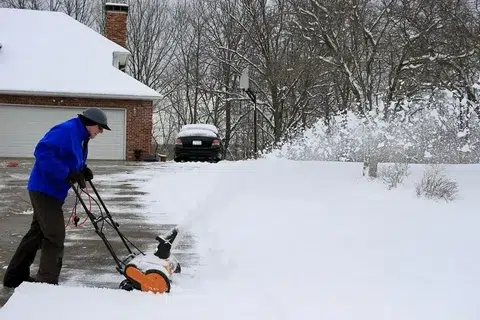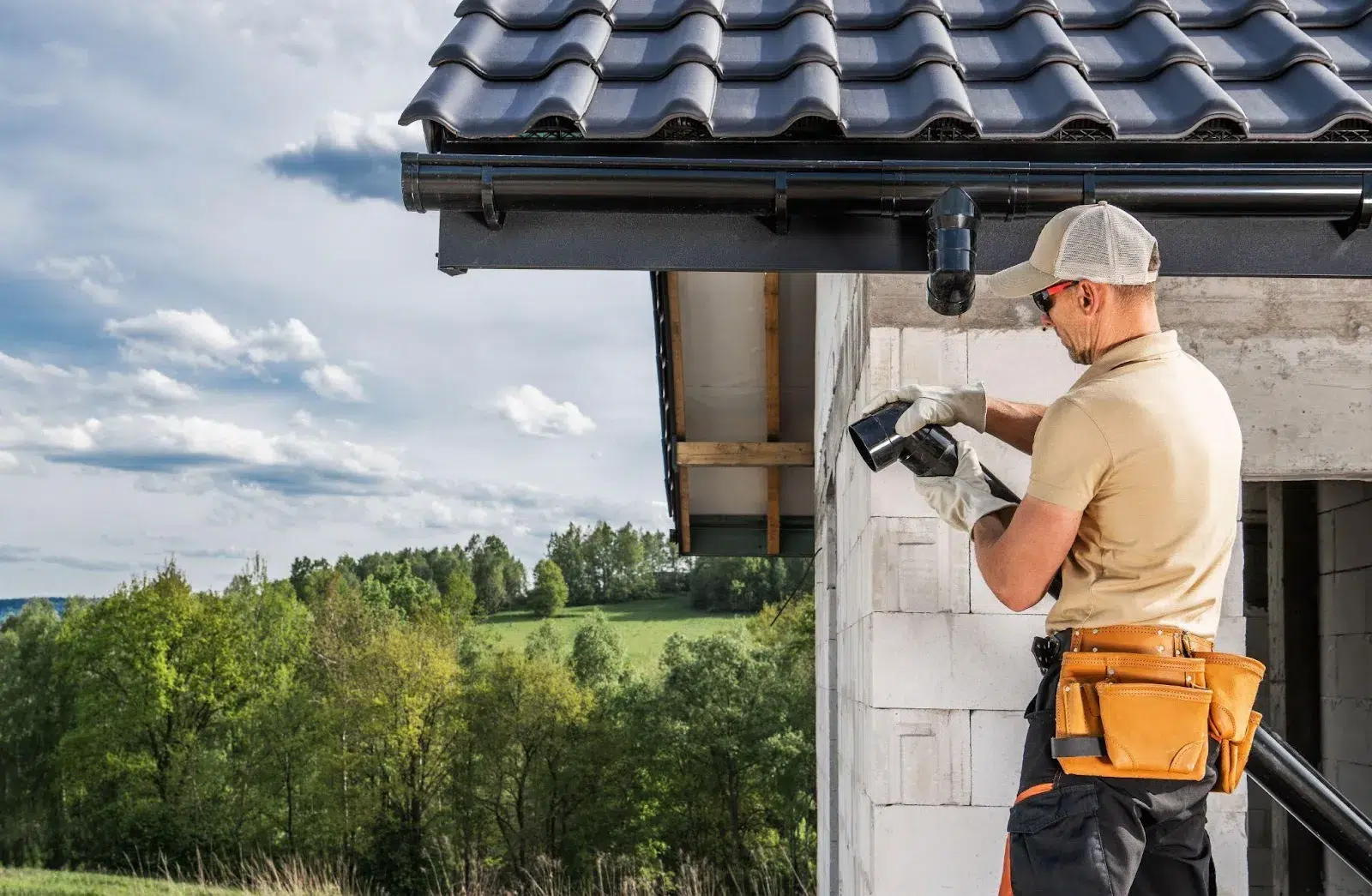As the snow season begins, questions arise as to who is responsible for snow removal. Both tenants and landlords must understand each other in this winter activity to avoid misunderstandings and legal deficits that may arise.
We have taken on the task of analyzing whether landlords have the responsibility to remove snow from around the house. In addition, we investigate the factors that indicate the extent to which the homeowner has the responsibility, whether it is local laws, lease agreements, and ethical standing to do so.
By understanding this, landlords and tenants can work together to ensure properties remain safe and accessible during the winter.
Are Landlords Responsible For Snow Removal? – Key Responsibilities
Let’s discuss various aspects of a landlord’s responsibilities regarding snow removal, including legal obligations, tenant agreements, and best practices for maintaining safe property conditions during winter months.
Know the legal restrictions
To determine responsibility for snow removal, you should familiarize yourself with local laws and ordinances first. These regulations can vary significantly depending on the area of Ontario in which your home is located.
In many municipalities, local snow removal ordinances require homeowners to remove snow from sidewalks directly adjacent to their property. This is to protect public safety and prevent slip and fall accidents. Failure to comply with these ordinances can result in fines and possible civil or criminal liability.
Therefore, property owners should review their municipality’s ordinance to avoid being penalized and to ensure the safety of their tenants and visitors. In addition, many municipalities have specific deadlines required for property owners to remove snow after a snowfall.
Most of these deadlines range from several hours to 24 hours between several hours and 24 hours. Property owners should be aware of these deadlines in order to meet them and, if not, no legal consequences will await them.

Lease agreements: clarifying responsibilities
Another critical factor in determining snow removal responsibilities is the lease agreement between the landlord and tenant. The lease may contain terms specifying those responsible for the task, which ensures clarity and avoids disputes.
Some leases contain an amendment specifying that tenants are responsible for removing snow from places such as the roadway and steps. Tenants are thus obligated to adhere to the conditions and ensure that snow is removed promptly to ensure safety.
If tenants have full responsibility for clearing snow, landlords should provide clear instructions along with the necessary tools, such as a snow shovel or blower.
Similarly, if the lease has not mentioned snow removal, it is generally considered the landlord’s responsibility. As such, landlords need to take proactive steps to manage snow removal.
Safety is paramount
Snow removal is a safety issue. If snow and ice are not removed from sidewalks and driveways, people risk serious injury and expose landlords to justified injury claims.
Landlords rent their properties with the promise that the property will be safe for tenants and visitors. If a tenant or visitor is injured because of a pile of snow that was not removed, it means that the property was not safe and that can be construed as a breach of contract.
Therefore, landlords should strive to keep their homes clean and safe, regardless of whether the lease states that their tenants must do so.
Hire professional services
For landlords managing multiple properties or larger complexes, hiring professional snow removal services is a practical solution. Such services ensure that snow is removed effectively and in accordance with local regulations.
Professional snow removal experts have the equipment and expertise to handle icy conditions and heavy snowfall. They can provide timely service, often working around the clock during heavy snowstorms to keep properties accessible and safe.
And that’s because, by outsourcing professionals to do this work, homeowners can focus on managing the property. Outsourcing this work will assure tenants that the task is in good hands, and they won’t have to endure the heavy snow themselves.
Clear Communication And Reminders
When it comes to snow removal, clear communication is key between tenants and landlords. Both parties must fully understand roles and obligations for this to run smoothly and efficiently.
Landlords should provide tenants with all relevant information about the snow removal scheme when moving in. The information includes which parts of the removal are the tenant’s responsibility, how often the snow should be removed and where it should be placed so that it does not block other roads.
Informing them of the contacts of companies that specialize in snow removal and who manages the building is also helpful. This information is reinforced with a periodic message when the winter season begins to make sure everyone is on the same page.
Communication actively ensures that misunderstandings do not occur and that snow is removed in a cohesive manner.
Financial considerations and costs
Owners should always consider the costs of snow removal. Whether it is under your responsibility, as if the tenants do it or they choose to hire a professional service, you should budget for this cost.
If landlords choose to hire a professional service, the cost of doing so should be budgeted for and attributed to the rental rate. This should be clearly communicated in the lease so that there are no issues with the tenants.
If tenants remove snow, landlords should provide equipment and supplies which, like professional use, come at a cost. Budgeting for this allows for smooth management without unexpected financial conflicts in the removal of a large snowfall.
It also allows landlords to provide a clear and equitable approach to tenants.
Conclusion
In concluding, it is important for landlords and tenants alike to understand their responsibilities when it comes to snow removal in Ontario. While the law does not explicitly state that landlords must remove snow from the property, they have a general duty to ensure the safety and well-being of their tenants. It is also crucial for tenants to communicate with their landlords about any concerns or issues regarding snow removal, in order to avoid potential accidents and disputes.




